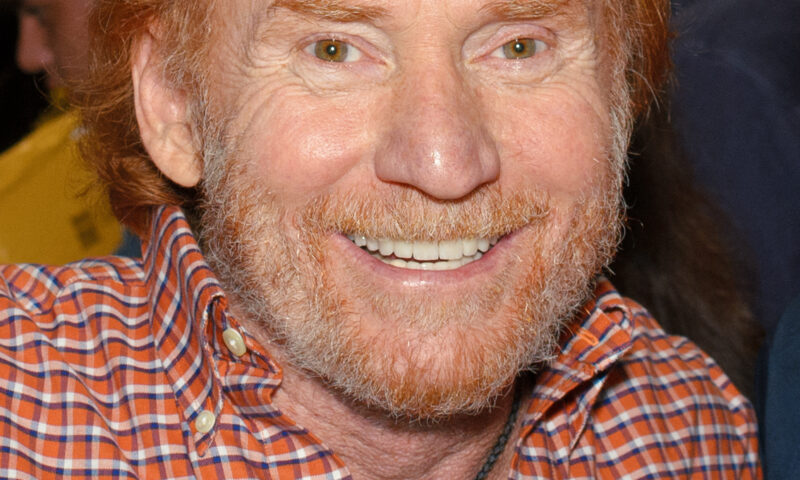(Pictured: Radio and TV personality Danny Bonaduce needed brain surgery to cope with an often wrongly diagnosed brain disorder.)
Danny Bonaduce is known for being a cut-up on television and radio. He has something way more serious on his mind these days.
Bonaduce, whose most recent entertainment gig was as a radio personality in Seattle and still with a fan-following from his days as a child actor in the 1970s TV sitcom “The Partridge Family,” has become a poster child for efforts to understand and treat hydrocephalus.
The chronic brain disorder is caused by an abnormal buildup of cerebrospinal fluid. The incurable condition can affect anyone at any age, and the only treatment available is brain surgery.
More than 1 million Americans are living with hydrocephalus. Bonaduce, 65, is one of them.
In 2023, Bonaduce was hosting a morning show on KZOK-FM, as he had been since 2011, when he started noticing that his memory was failing. He thought he had suffered a stroke. Doctors told him he hadn’t. “But they didn’t necessarily get it right,” he said.
After specialists eventually diagnosed his case of hydrocephalus, surgeons placed a shunt in his head. The result: “I feel in better shape now than in the past 10 years. My memory is back. I did have to retire. I don’t memorize as much as when I was doing a radio show. But everything seems to be back to normal,” Bonaduce said in an interview with the Hydrocephalus Association.
Dana Gray, the association’s president, noted shunts are the standard treatment. “They save lives,” she said, adding there are other treatments, including shots. The shunts have one of the highest failure rates of any medical device, however, often requiring multiple brain surgeries throughout a patient’s life. Many patients undergo dozens or even more than a hundred surgeries in their lifetime, underscoring the urgent need for better treatment options.
Often misdiagnosed as Alzheimer’s or Parkinson’s, hydrocephalus can be successfully managed with proper diagnosis, helping patients regain a higher quality of life. Gray said Bonaduce “brings a much-needed personal and public face to this under-recognized condition, with a message that calls for greater awareness and research.”
Bonaduce, now living in California, said his advice to anyone experiencing potential symptoms of the condition is “to find the right doctor—an expert on what is happening to you. Find out through the process of elimination what it can be. It can’t be taken lightly.”
World Hydrocephalus Day, which is observed in September by the Bethesda, Md.-based Hydrocephalus Association (HA) to create global focus the need for increased awareness, research, and support for people living with the condition. The goal is to “make a meaningful difference in the lives of those affected by hydrocephalus,” Gray said.
Since 2009, HA has invested over $15 million in research, making it the largest non-profit and non-government funder of hydrocephalus research in the United States.
The association was founded in 1983 by parents of children with hydrocephalus.
